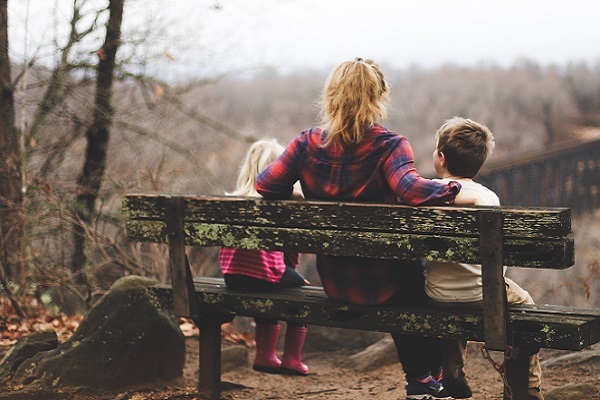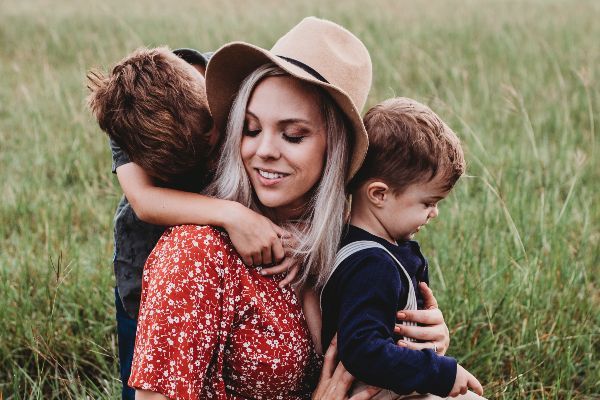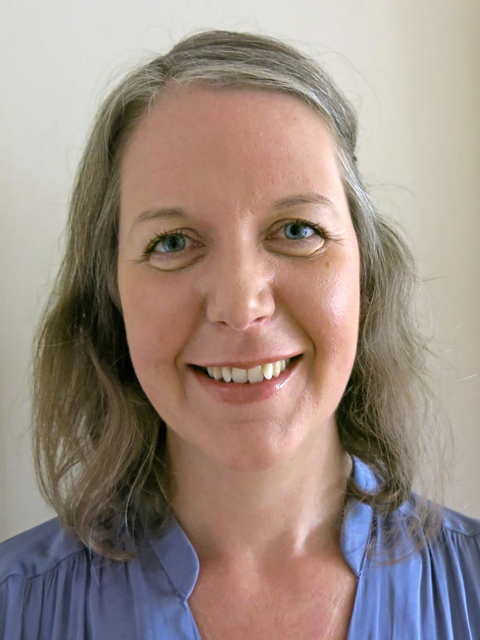When I became a parent for the first time, I was utterly bamboozled by all the 'information' out there on how I 'should' be parenting my baby. Somewhere along the line of my life, I seemed to have adopted the belief that there is a greater wisdom that lies outside of myself with 'experts' in how I should be, and how I should be with my child. I seemed to have a model of the world running that encouraged me to look to others' opinions first when it came to certain aspects of caring for my child. Not all aspects, but some. Perhaps not surprisingly, these were areas where things weren't going so well, like how to best respond to my baby who struggled to settle, and to sleep.
Somehow, in my struggle to best meet the needs of my new baby, where the conventional approach didn't seem to work, I began to lose the ability to listen to myself, and I unwittingly gave my power away to others. What I mean by that is that I started to follow other people's way of doing things, rather than trusting and listening to my own unique way, and the unique way of my baby daughter. It is not to say that other people's way of doing things was not valid - there is such a wealth of knowledge and wisdom out there that so many compassionate people are sharing with the world - but I somehow started to believe that their way was better than mine. There were times when I felt lost, confused and consumed with guilt as I applied some recommendation that I had sought and been given in how to settle my baby or help her sleep. Even when it felt wrong, I had some belief operating that somehow it must be the right way, because someone who seemed more experienced, knowledgeable and wiser than myself told me it was. Or, if it worked for someone else's baby, then surely it would work for mine. Even when the tears were flowing and my body was screaming at me that whatever I was doing didn't feel right, that belief still operated.
Then, little by little, another way of being with it all began to glimmer through. I began to feel into my body and my emotions when something felt a bit off. I would start to ask myself, does this feel right? I would always get an answer. Perhaps not the answer I wanted or hoped for, but some guidance would always be there when I tapped into how my body felt and what was happening with my emotions. I was learning to turn towards myself and listen to my body, my emotions and the small, quiet voice inside.
This was a very slow process for me (and still is at times). It involved giving myself space so that I could step away just a little bit from being totally consumed by my thoughts, which raged, and went around and around in my weary but frantic mind. With that space, I could see that I wasn't defined by my thoughts and that even though they sounded very convincing and plausible - that didn't mean that they were actually true. There are many ways of finding this space. I found it through becoming still and practising various forms of mindfulness and meditation until I found one that seemed aligned with my way of being. I found it through connecting with experienced practitioners who shared their wisdom and experience with me but always reflected back to me that I had a choice to follow their 'advice'. Their gentle, compassionate insistence that I listen to my own wisdom, to guide me in sensing whether their 'advice' was aligned with my unique way and my daughter's unique way.
It involved giving myself permission to listen to myself first and then feel into whether external advice felt right for me, my baby and my whole family.
Most of all, it involved learning to listen to my baby daughter (and later to my two daughters when my second baby was born). I would wonder: What language is she speaking with her body? Her daily patterns? Her feeding? And her emotions? Later, this broadened to listening to her words, her behaviours, her different ways of being. My wondering is usually embedded with the implicit question: what is my child communicating, what is she expressing? Because we are usually communicating or expressing something to ourselves and the world.
Sometimes I find it easier to listen to my children than at other times. Sometimes I forget: I am tired, my head is full of lists and to-dos and internal conversations; my heart feels full of frustration or anger or annoyance. I react rather than respond. I do and say things that I know are not helpful. Of course, of course. I am a human. But, somehow in learning to listen to my body, my feelings and that small quiet voice more, I have more space to forgive myself, take a breath and begin newly in the next moment.
And the dance of being a parent continues.










